Winning hearts and minds in nuclear
Building social license to realise the vision

#CamargueConversations Round Table

Building social license to realise the vision

#CamargueConversations Round Table
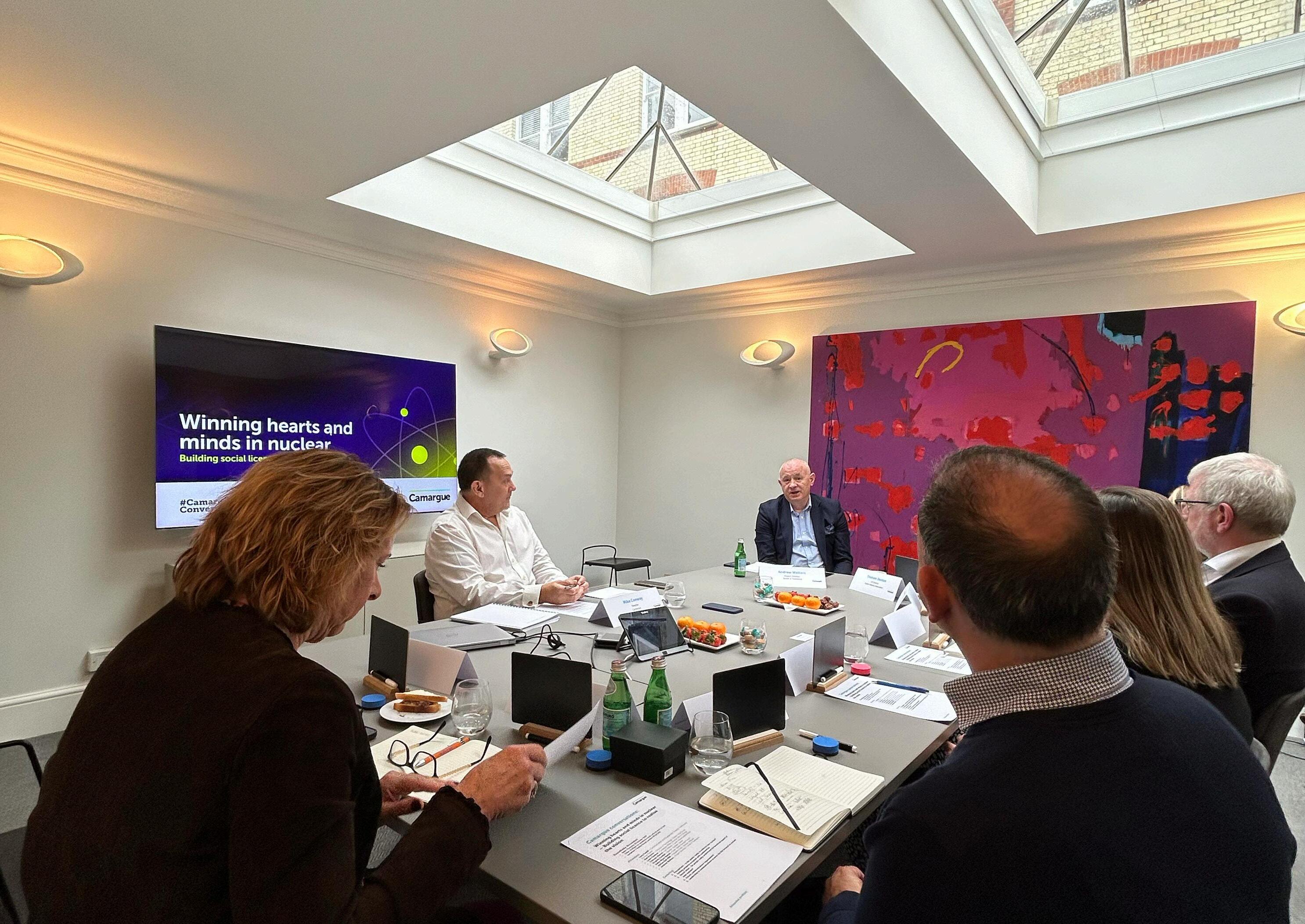
In the UK government’s pursuit of home-grown clean power –to meet growing energy demand, provide energy security and spark national growth – nuclear is set to play a key part.
The government continues to affirm its investment in the sector. It has committed £14 billion to develop Sizewell C, selected Rolls Royce as the official partner of Great British Energy (Nuclear) to develop small modular reactors (SMRs), and now given the green light to Wylfa on Anglesey, as the host site for the first SMRs to be built. Coupled with changes designed to simplify the planning and consenting process, these commitments point to a bright future for nuclear in the UK, after a period of significant uncertainty.
With the next chapter of the nuclear story now being written, one essential ingredient for success will be to convey the excitement and sense of opportunity felt by industry across to the communities that will begin to see new nuclear projects. The sector needs to gain the trust of people outside of its world and demonstrate the full benefits of nuclear energy.
To create a set of principles for good nuclear communication, Camargue hosted a roundtable discussion with nuclear communications and engagement experts to discuss the need to unite together to tell an engaging story about nuclear energy.
Here’s what the panel concluded.
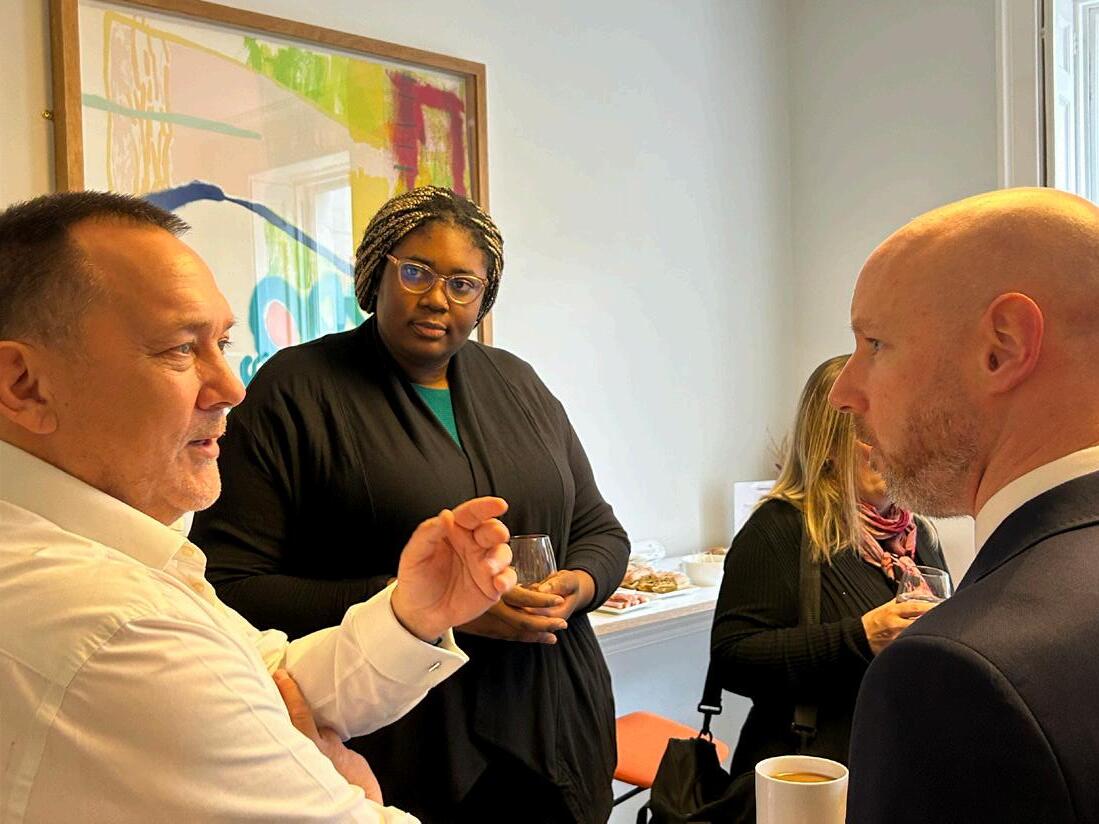
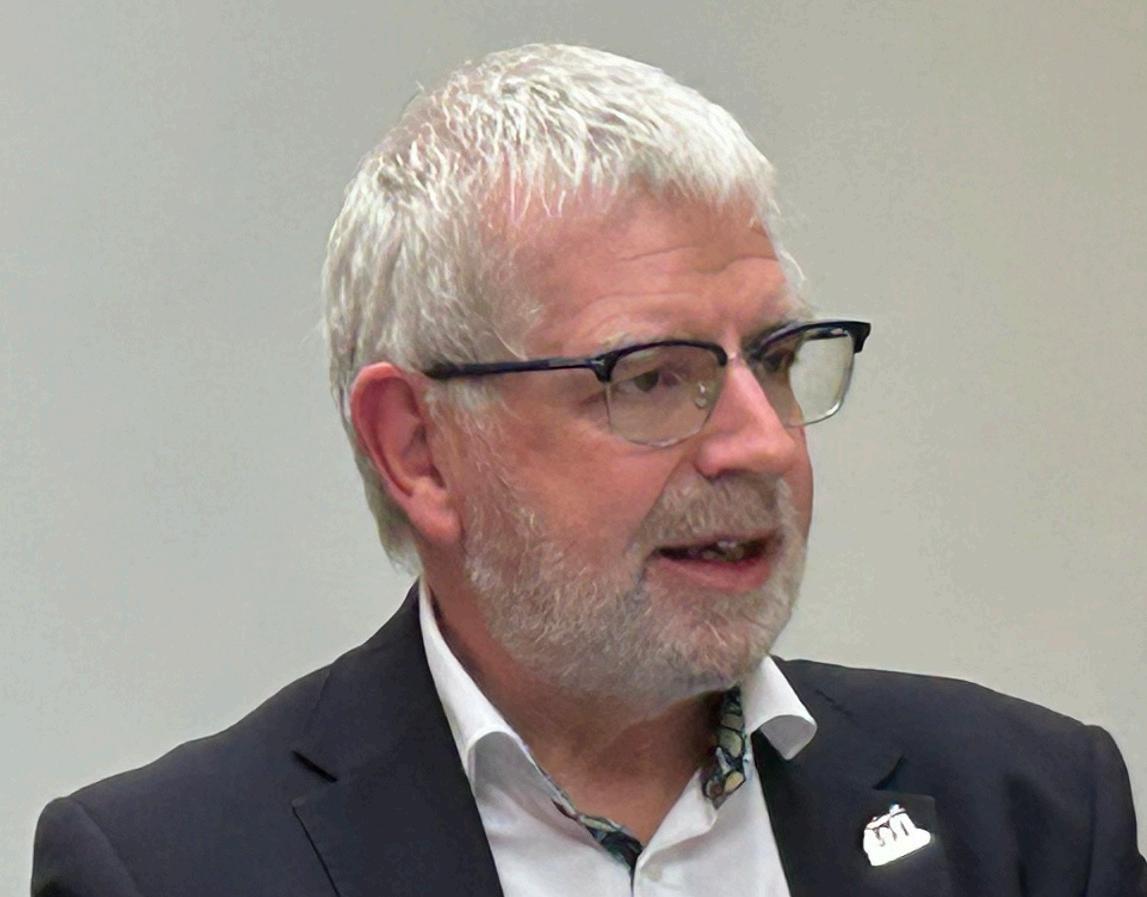

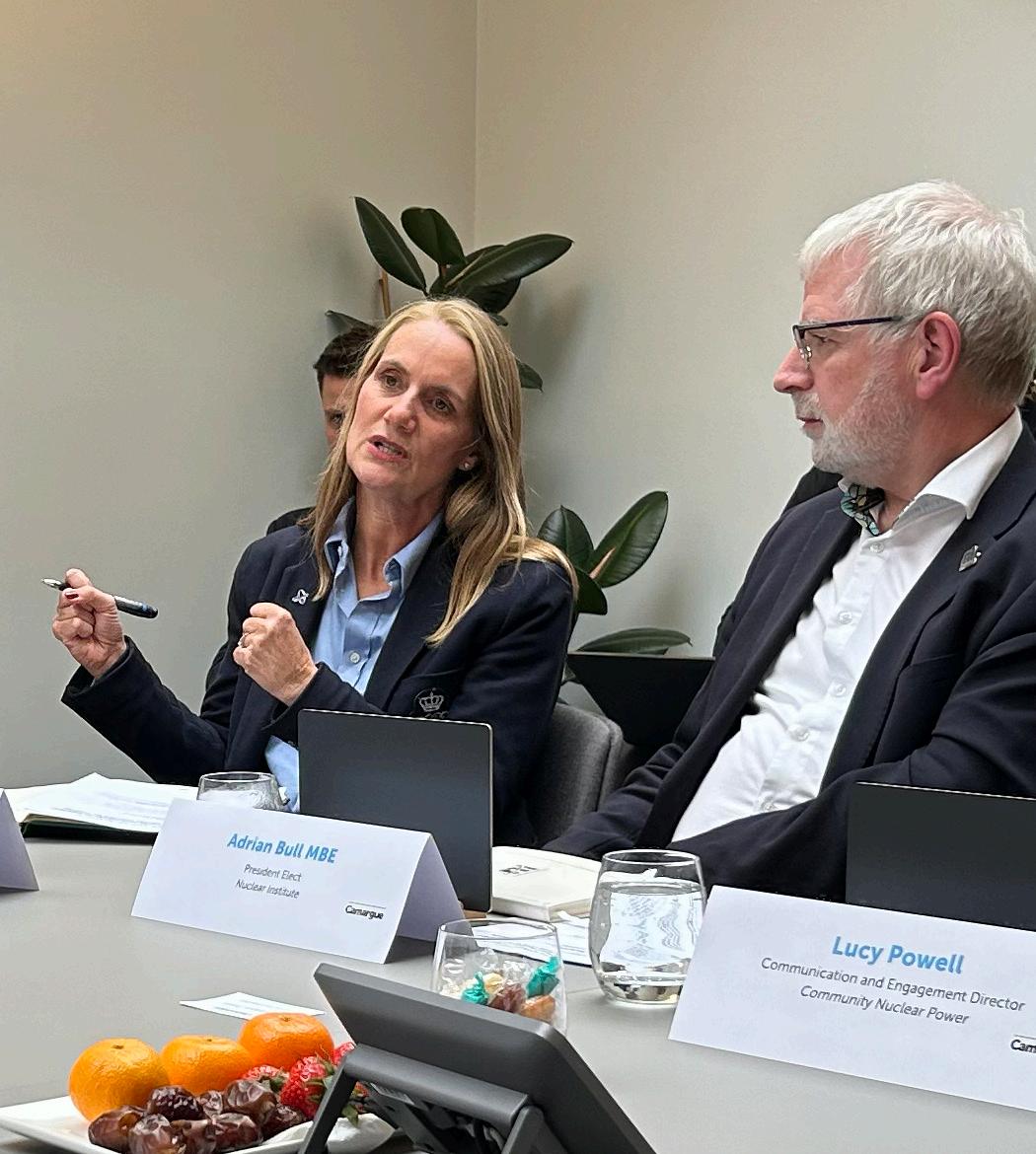


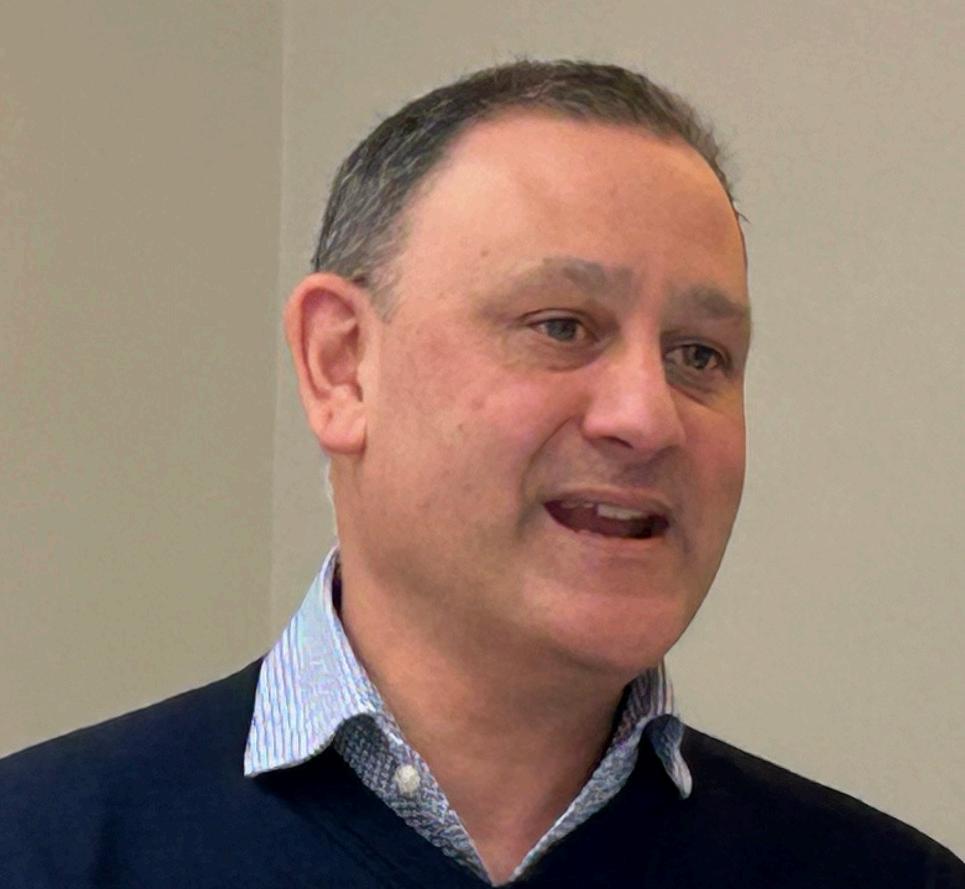

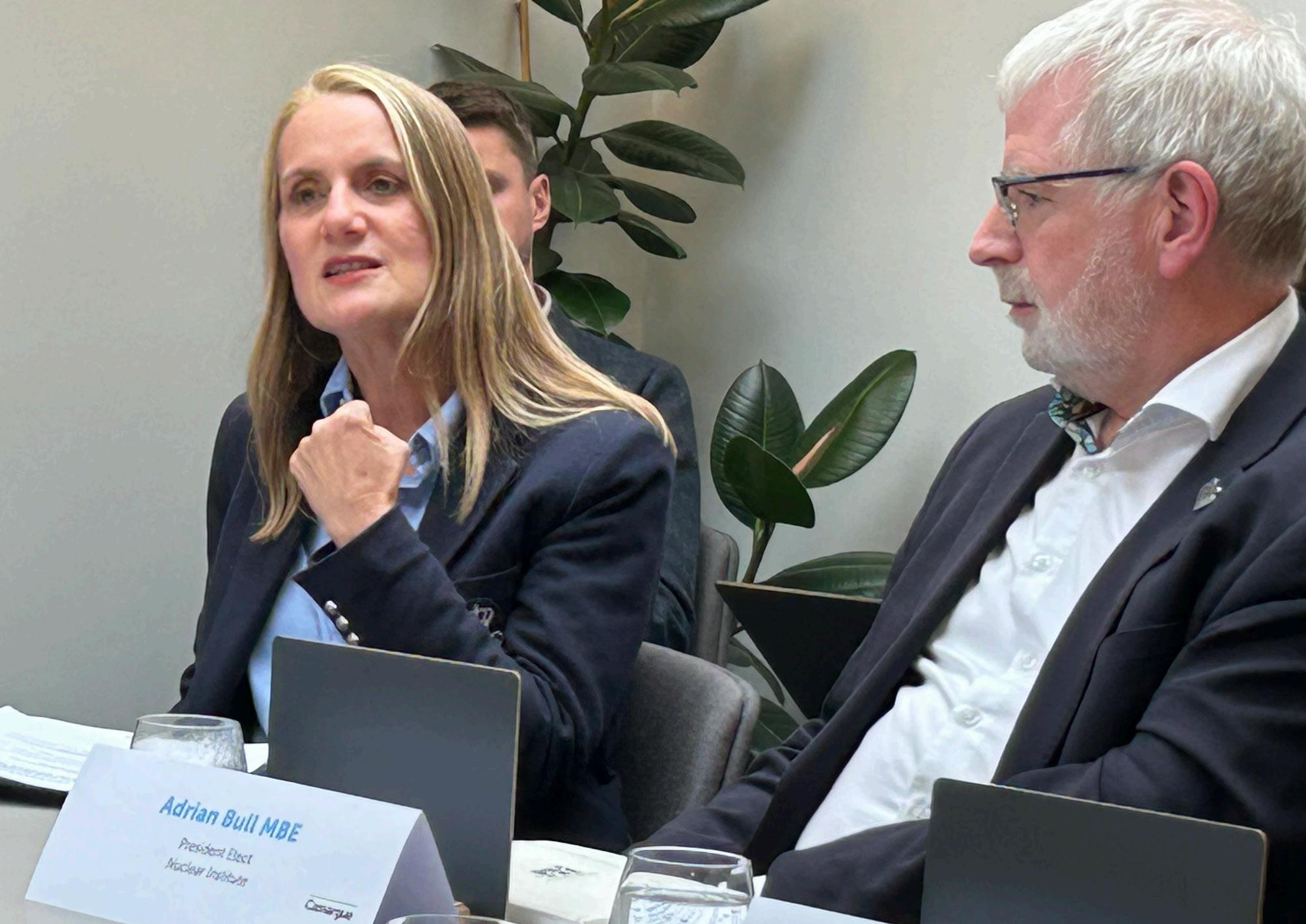
Among attendees, there was a recognition that a key element of the sector’s success would lie in its ability to persuade people to accept or even champion nuclear power.
We started the discussion by reflecting on how nuclear energy is perceived beyond the industry itself. It was largely agreed that outside the sector, there was often a lack of knowledge about what nuclear energy is and what it entails. In some instances, people instantly assume the worst, associating nuclear energy with failed, expensive projects and – of course – historic disasters that live long in the memory.
However, in those communities with a nuclear heritage in the UK there is an understanding of its benefits, and in many cases a fondness for what it has achieved locally and continues to represent.
Would a nuclear plant result in long-term jobs for the community?
Would it deliver a boost to the local economy?
Would it ease the pressures caused by the cost-of-living crisis?
In these scenarios, it is possible to generate a perception of nuclear that aligns with the positive impact it is able to bring to a community. This presents an opportunity for the industry to tell a story about nuclear from a benefits standpoint, showcasing the advantages that accompany nuclear development.
Communication on nuclear projects will of course differ depending on the project and community in question. But by focusing primarily on the question of “what’s in it for me” (a phrase frequently used during the discussion), it’s clear that it’s possible to shape perceptions of nuclear and work towards encouraging curiosity, acceptance and even advocacy.
“Can we start with a different assumption. Can we start from a point of view that people are actually going to be on our side?”
Winning hearts and minds in nuclear

The panel largely agreed that to presuppose what an individual’s objections, or reasons for support, may be, is to miss an opportunity to engage meaningfully and change perceptions about the prospect of nuclear.
Let’s take an individual resident that neither strongly objects to nuclear nor wholeheartedly supports it (research suggests that the majority of people fall into this camp). Would informing or reassuring, or both, act as the most powerful communication tool in this case?
The panel agreed that both approaches had merits, but there were dangers – some argued – over providing too much information in a way that alienated, confused, or put off the audience.
Nuclear science itself is, of course, extremely complex and at its most detailed is not something that’s accessible to the vast majority of people. So is the language of alpha particles, delayed neutrons or void coefficient likely to be beneficial in this sense? Most probably not. But explaining that nuclear science is aimed at maximising energy out for the energy put in helps people to frame it according to what matters to them – in this case reliable energy production and security.
Our panel agreed that the industry needs to be prepared to simplify the language it uses to explain the science –sometimes in the face of pushback from the scientific community – in a way that makes it understandable and relatable. But it was also agreed that sometimes we can do well to move away from the science entirely, where it’s not needed, in order to achieve a wider communication objective.
In many cases, it was concluded, it’s reassurance that is needed, rather than explanation of the process of generating energy through nuclear. Key messages need to become focused on there being a robust delivery model and renewed funding for nuclear, the health and safety practices that underpin the sector’s work, and the evidence of nuclear’s prior success in meeting energy needs.
In order to effectively reassure, the sector needs to build trust. This is where sticking to promises and being transparent will be vital.
There was agreement that proactive, consistent communications with positive messaging will play a vital role in supporting the delivery of future nuclear energy infrastructure plans and that the technology itself should no longer be something to be feared.
Many agreed that the issue that was central to unlocking nuclear’s future was aligning over where responsibility lies for communicating a positive message.
With UK placing nuclear as a major part of its strategy for energy security and decarbonisation of the grid, it was widely accepted among our panel that ministers, MPs, and public sector bodies including Great British Energy –Nuclear, have a key role to play in communicating a nuclear vision.
Government has a “social responsibility” to explain the benefits of new nuclear to the public, it was argued, not just because of job creation and the impact on the economy, but because nuclear energy will be needed to power new technologies such as AI which will only grow in prominence and use.
Beyond government, we must also look to MPs and local politicians as leaders and potential advocates for nuclear communications in the regions they represent. With statistics showing that public acceptance of nuclear is at 70 per cent, it’s evident that nuclear is no longer a ‘taboo’ topic for communities. As an attendee put it: “the number of backyards available to us just got a lot bigger” – meaning MPs can safely get behind nuclear as a key vehicle for economic prosperity, and help to champion its wider benefits to individual communities.
Of course, the industry itself has a key role in communicating the benefits of nuclear, and must be geared up to do so on a number of levels, panellists argued.
At a strategic level, there must be a “golden thread” that runs through all communication, from the CEOs of organisations right down to the individual projects that will consult with communities. This must focus on a strong rationale and vision for nuclear, so that when the prospect of new development is introduced to an individual community, there is an existing narrative and sense of momentum that specific projects can lean into.

continues over
Large infrastructure projects of any kind, including nuclear, are of course always geared towards the commercial outcome of achieving planning consent.
But solely following the requirement of a Development Consent Order submission to consult with communities can restrict communication in a way that sidelines the bigger picture. Having a central message, developed and advocated for by industry, will provide overarching support for those major projects – whether on existing licenced sites, or for smaller SMRs being introduced to communities that have never faced the prospect of nuclear before.
Finally, it is incumbent on industry to tell the nuclear energy story with confidence and with passion, and understand that there is a new, young audience that is more supportive of nuclear energy. Targeting that younger audience was considered vitally important as this group will provide the skills for the future nuclear energy workforce, and become the nuclear advocates of the future.

“I think leaders need to empower all of their teams… to be ambassadors, to go out and have the conversation and not be afraid of it. Leaders have got to empower their people.”
Winning hearts and minds in nuclear
We brought together a group of people with experience and insight that will be vital for the success of new nuclear in the UK. All agreed that nuclear’s potential in the UK is significant, but that this shouldn’t be taken for granted. Effective communication could be the make-or-break factor in nuclear’s next chapter. Here we distil the panel’s key contributions to form what we think is a vital tool for nuclear’s success – a set of guiding principles for good nuclear communication.
Focus on real and tangible benefits.
While the pursuit of clean power may be the major political driver for new nuclear, this may not be the primary concern within communities. New nuclear presents an opportunity to completely reinvigorate regions in terms of economic growth, and we must present these benefits as clearly and prominently as possible.
6 5 4 1 2 3
Don’t assume what’s important to people.
In making assumptions we miss an opportunity to win advocates, or meaningfully allay concerns. Reasons for support, or otherwise, can be highly complex. We need to listen, and be ready to adapt how we communicate according to what’s truly important.
Reassure, where it’s needed.
Informing is not always the best way to win support. Nuclear science is highly technical in nature, and comes with baggage in relation to deliverability and safety. The temptation to inform should, where appropriate, be resisted in favour of reassuring – based on our understanding of what’s important to people.
Think holistically about messaging.
There must be a ‘golden’ thread that runs through all communication, and this requires leadership – whether that comes from UK government, the companies making nuclear projects happen, or other groups or stakeholders. A consistent message over prosperity, ambition and deliverability is essential.
Start communications early.
We can’t simply start dialogue about nuclear with communities at the point that a planning proposal is introduced. We must communicate early, and invest in discovering what attitudes are towards nuclear, and building trust on that basis.
Be advocates for nuclear.
It sounds such an obvious point. But is the industry always positive about itself? Slow progress can create a defeatist mindset, especially among insiders. But we’re now in a new chapter for nuclear, with a fresh story to tell about how to make the vision a reality.
Winning hearts and minds in nuclear

Lucy Powell Communications and Engagement Director, Community Nuclear Power
Leon Flexman
Corporate Affairs Director (UK), X-Energy
Tristram Denton UK Director, Fusion Industry Association
Virginia Crosbie Partner, Nuclear Capital
Sasha Wynn Davies Chair, Wales Nuclear Forum
Adrian Bull MBE President Elect, Nuclear Institute
Andrew Walters Project Director, Turner & Townsend
Chaired by:
Mike Conway Director, Camargue
Camargue is a specialist communications, public affairs and stakeholder engagement agency working nationwide across the UK in the energy and infrastructure sector.
We provide specialist services to help clients with development, infrastructure, regeneration and investment ambitions to communicate with the audiences that matter.
We are proud to have spent more than 35 years making a difference for clients and bringing our skills, expertise and insight to bear in support of good growth and sustainable development.

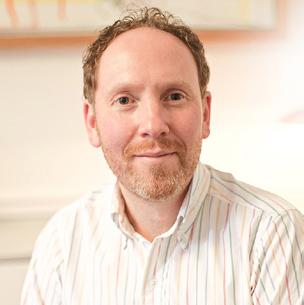

Mike Conway Director
T: 01242 577277
E: mconway@camargue.uk
Matt Sutton Director
T: 0121 616 5920
E: msutton@camargue.uk
Max Hammond Associate Director
T: 01242 577277
E: mhammond@camargue.uk